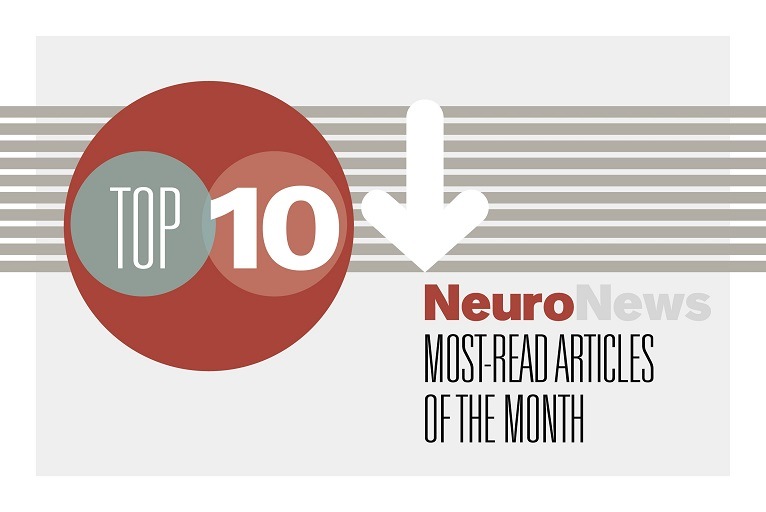 Fresh evidence on the differences between directional and omnidirectional deep brain stimulation (DBS), as well as regulatory approvals for a new reperfusion catheter and an artificial intelligence (AI)-powered stroke guidewire, were among the most read stories featured on NeuroNews in June.
Fresh evidence on the differences between directional and omnidirectional deep brain stimulation (DBS), as well as regulatory approvals for a new reperfusion catheter and an artificial intelligence (AI)-powered stroke guidewire, were among the most read stories featured on NeuroNews in June.
1. Data from 1,000 aneurysms indicate Pipeline Embolization Device is safe and effective
The endovascular treatment of intracranial aneurysms using the Pipeline Embolization Device (PED; Medtronic) has been deemed safe and effective following a study involving data on 1,000 aneurysms from a single-centre registry.
2. Benefits found in directional DBS compared to omnidirectional stimulation for Parkinson’s disease
Directional DBS has demonstrated benefits over omnidirectional DBS for the treatment of Parkinson’s disease in the largest prospective study in this space to date—with the former also being preferred by patients and clinicians alike.
a
3. Penumbra receives FDA clearance for RED 62 reperfusion catheter
Penumbra has announced US Food and Drug Administration (FDA) 510(k) clearance and commercial availability of the RED 62 reperfusion catheter—the latest addition to the company’s comprehensive Penumbra system.
4. Higher incidence of severe stroke found in COVID-19 patients
Among people who have strokes and COVID-19, there is a higher incidence of severe stroke as well as a higher incidence of stroke in younger people, according to new data from a multinational group published in the journal Stroke.
5. New algorithm could enable next-generation deep brain stimulation devices
A new algorithm developed by Brown University bioengineers could enable progress towards “next-generation” DBS devices by removing a key hurdle that makes it difficult for these systems to sense brain signals while simultaneously delivering stimulation.
6. Sensome’s AI-powered stroke guidewire granted FDA Breakthrough Device designation
Sensome has announced its Clotild Smart Guidewire System—designed to improve the treatment of ischaemic stroke patients—has been granted a Breakthrough Device designation by the FDA’s Center for Devices and Radiological Health (CDRH).
7. Vesalio secures Class A funding to bolster stroke treatment portfolio
Vesalio has successfully secured a Class A financing round. The company claims this funding will be utilised to support its ongoing US Investigational Device Exemption (IDE) stroke study, establish US infrastructure, scale international business, and expand its innovative product portfolio.
8. Neuromodulation device for treating MS-related gait deficit receives FDA authorisation
Cambridge Consultants and Helius Medical Technologies have confirmed their “groundbreaking” Portable Neuromodulation Stimulator (PoNS) device—developed for the short-term treatment of gait deficit due to mild-to-moderate symptoms from multiple sclerosis (MS)—has received marketing authorisation from the US FDA.
9. New Stroke Association report to “shine a light” on stroke care’s biggest blind spots
The Stroke Association has announced the top areas of research that need to be prioritised to improve stroke care. The announcement of these priorities—which have been set by stroke survivors, carers and professionals—marks the first UK-wide project to map priorities for stroke research spanning the entire stroke care pathway.
10. Medtronic announces FDA approval of recharge-free Vanta spinal cord stimulation implant
Medtronic has received FDA approval for Vanta—a high-performance, recharge-free implantable neurostimulator (INS) with a device life that can be optimised up to 11 years.











